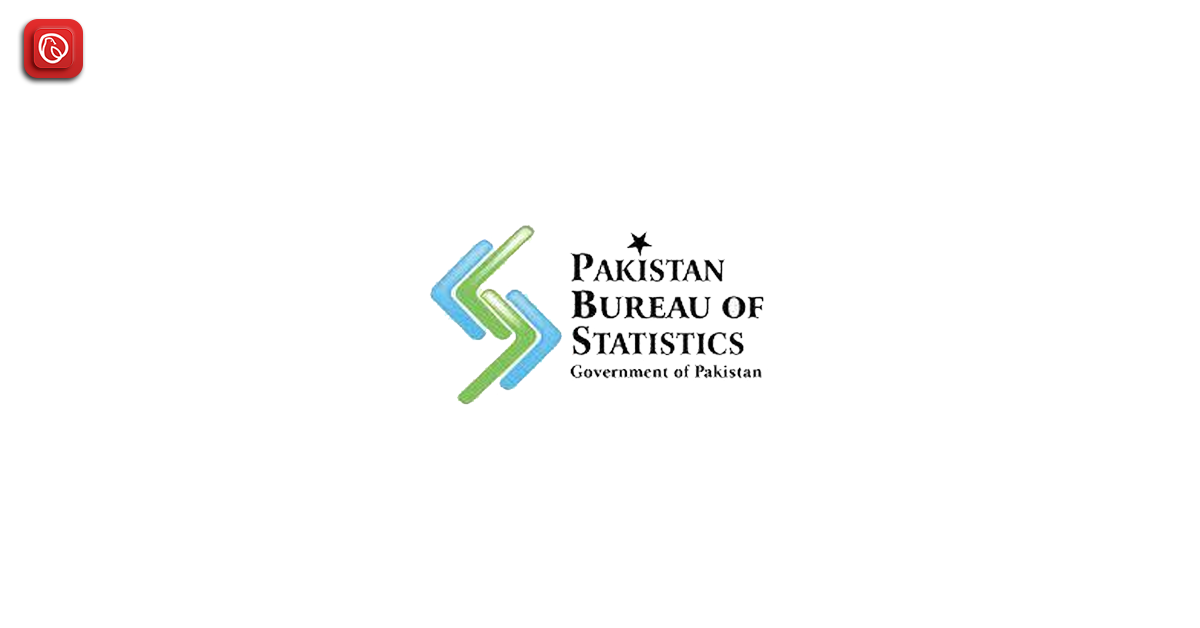
The Pakistan Bureau of Statistics (PBS) serves as the foremost organisation in Pakistan responsible for gathering, organising, and disseminating accurate and timely data and information to key decision-makers, strategic planners, and researchers. The PBS collects data related to the economic and societal dynamics of the country, shedding light on its financial workings and social structures.
Established in 1950 as the Central Statistical Office (CSO) under the umbrella of the Economic Affairs Division, the PBS’s statistical collection and utilisation methods have been scrutinised by both national and international experts proficient in quantitative analysis.
The origins of the Pakistan Bureau of Statistics (PBS) trace back to 1950, when it was founded under the name Central Statistical Office (CSO) as a branch within the Economic Affairs Division. Its primary duty was to gather, arrange, and share dependable statistical facts concerning the nation’s economy and society. As time went on, experts from both within the country and abroad evaluated the statistical system to make it more effective.
In 1972, based on recommendations from the IBRD Mission, the CSO was renamed the Statistics Division. Further changes occurred in 1981 when the division underwent a reorganisation, resulting in the creation of the Federal Bureau of Statistics (FBS) from its technical section.
Continuing to evolve, the Pakistan Bureau of Statistics was formed by merging the Federal Bureau of Statistics, the Population Census Organisation, the Agriculture Census Organisation, and the technical wing of the Statistics Division. This merging of efforts, certainly aimed to simplify and improve the accuracy of statistical data for making informed decisions, planning, and research without duplicating previous information.
PBS serves some of the following functions:
The Pakistan Bureau of Statistics (PBS) is engaged in important tasks that involve collecting and putting together data about different parts of our society and economy. They do this through various sources:
PBS gathers information directly from different places. Here are some examples of the information they collect:
PBS also gets data from other places. For instance:
PBS also uses official government records to get information. This includes:
PBS gathers a wide range of data, including price statistics, employment figures, demographic information, household income and spending details, education and health data, manufacturing statistics, and more.
PBS collects data from primary sources, secondary sources, and administrative records of the government. Moreover, they conduct surveys, count households, and use records kept by different government departments.
The data collected by PBS helps governments, businesses, researchers, and the public understand how the country is performing economically and socially. Also, it assists in making informed decisions and policies.
PBS publishes reports and data sets that are accessible to everyone. Moreover, they supply this information to federal ministries, provincial governments, international organisations, and anyone who needs reliable statistics.
Yes, PBS exchanges statistical information with foreign countries. This helps in learning from each other’s experiences and understanding global trends.
PBS constantly improves its methods, reviews data quality, and uses standard definitions and classifications. They also evaluate statistical methods to make sure the data is reliable.
For more details on other topics such as “Guide to NADRA Smart Card” visit Graana.com.
ISLAMABAD: The federal government is set to inaugurate the Islamabad Information Technology Park on August…
Lahore, April 23, 2025 – The city of Lahore has successfully completed the construction of…
ISLAMABAD, Pakistan – April 23, 2025 – Chaaye Khana, Pakistan's popular cafe renowned for its…
ISLAMABAD: Prime Minister Shehbaz Sharif laid the foundation stone for the Murree Road underpass on…
DUBAI: Pakistani real estate developers and representatives showcased a range of commercial and residential investment…
ISLAMABAD: Capital Development Authority (CDA) is currently undertaking a major Rs652 million project to upgrade…